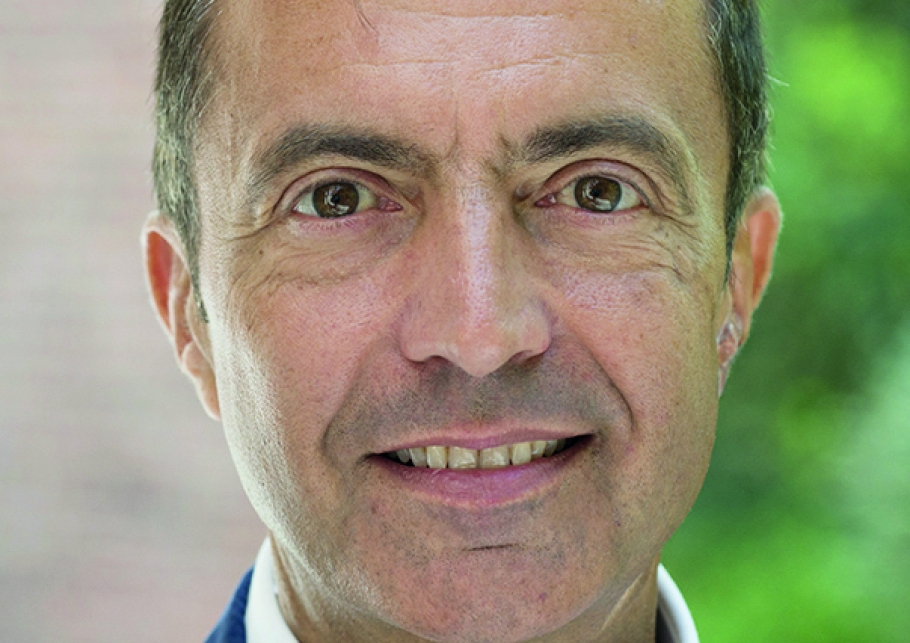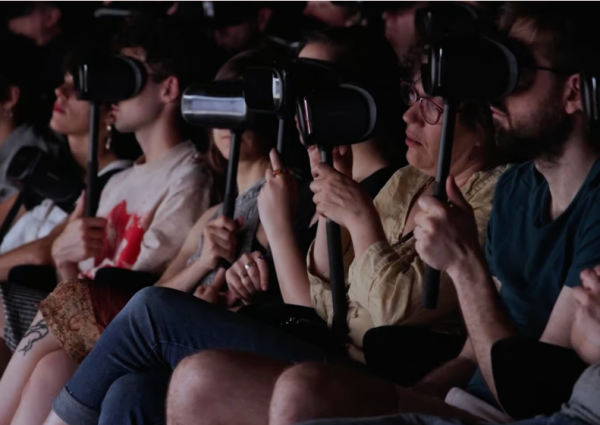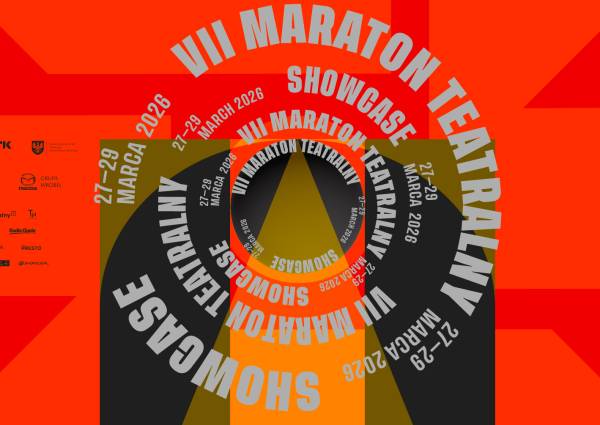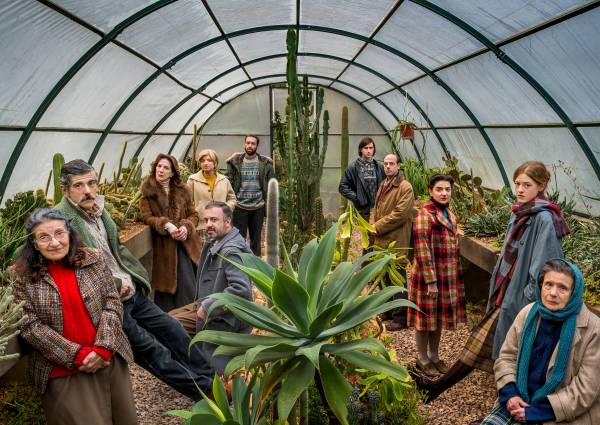Serge Rangoni is the artistic director & general manager of Théâtre de Liège/Belgium and has been President of the ETC Board of Directors since 2017.
As ETC looks forward at the next three years of activity, he explains why having a strong, supportive, yet (self-)critical network is key to making progress in areas such as digital development, diversity and sustainability – and to being a useful resource for artists based in increasingly authoritarian countries.
2021 will hopefully be the year that we emerge from the pandemic and start thinking about re-building again. What are your artistic ambitions for the ETC network in the coming years?
ETC has a very important role to play in the coming years, because the connection between theatres in Europe was completely interrupted during the pandemic. ETC is a place, a network, where we can share our experiences, our way of doing things, our new projects and find (some) solutions. We know that Europe will have to recover quickly – and that one of the best ways to do this is to work on things together, at the same time. That is absolutely crucial.
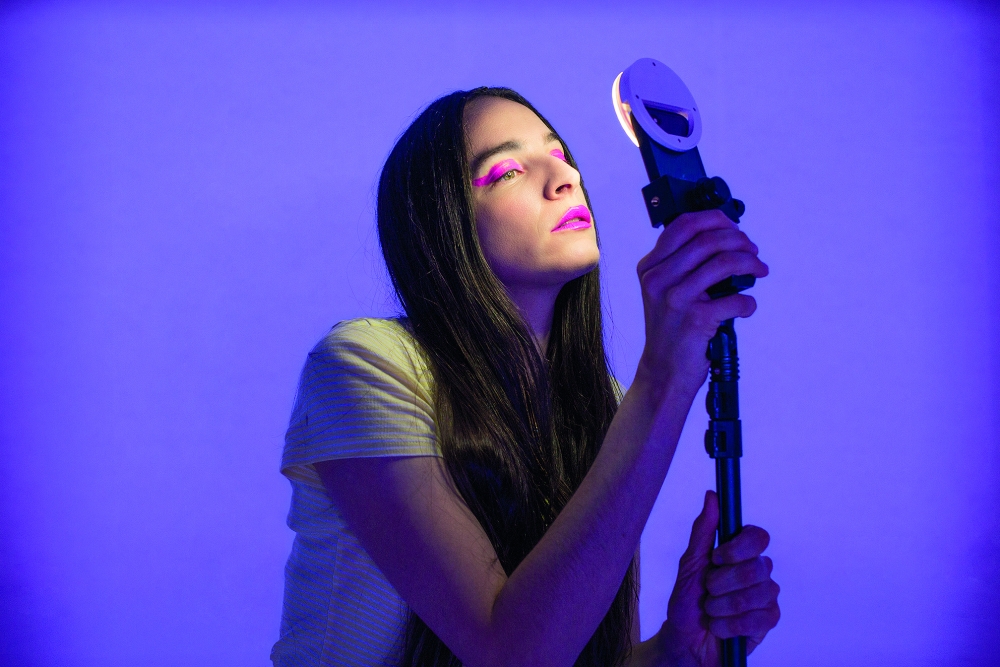
Over the past year, we saw lots of our members experiment with digital work. What sort of advances do you think we will see in digital activity in the coming year?
It’s difficult to say. On the one hand, I think people are a little bored by digital-only work. But on the other hand, we’ve learned a lot.
Overall, I think the artistic impulse will push us in two directions. The first is to encourage people to develop work on stage, physically, with their bodies. This return to something – a presence – is very important. You can see this in large arts and digital festivals that have returned with a section strongly connected with bodies, voices and the audience.
The other thing is further digital experimentation. We are starting to see strange crossovers and different types of media. There are, for example artists making a series for Netflix while doing a live/online festival performance on the same topic. Artists are increasingly able to switch from one form of media to another, because they have had to be present in different media during the pandemic. I think in the field of theatre we will find more and more people who want to go in different directions.
This idea of digital work as simply another mechanism for staying connected was more or less the impulse for Renaissance. It happened online, but it was really just a way of collaborating – and quickly. Are you interested in developing these short-term collaborations in the future – i.e. ones that take three months rather than three years (like we had for projects like Young Europe)?
Yes. We could definitely learn from experiences like Renaissance and develop these kinds of short collaborations in the ETC network, in which everyone has to do something that adheres to a tight format. It could be a new way of showing the differences between different countries and theatres.
More broadly, the moment in which theatres were only able to open at night to present on-stage performances is gone. You have to be connected to daily life, so the question of formats is also linked to the involvement in city life, in the social fabric of the city. Digital activity is the mantra of this.
I also think we should explore how this type of work can bring in new audiences. In Liège, one show by Ismaël Saidi really resonated with the Muslim community in Europe, playing online to 500 people every night for four nights. Which is almost no comparison to the little studio in our theatre, which has a capacity of 165 people. I’m sure these people wouldn’t have come to the theatre, because of the feeling that it’s ‘not for us’. But now, after this experience, the same people will probably want to come and see the actors live. We had similar experiences when we presented shows on Instagram, which allowed us to organise things easily with schools and maintain direct contact with each other.

One of the biggest issues for society is the climate crisis. In Liège you’re currently working with an environmental advisor. What ambitions do you have for ETC in terms of sustainability? And how important is it to have conversations about the climate in our artistic work?
It was great to work on sustainability during the first lockdown. We always thought about doing something in Liège but it’s extremely difficult. It’s not easy to change the mentality and way of working of a whole theatre. Theatre is an industry made by people – the people who travel, build the sets and come to see the productions.
We have to include artists in this area because there are a lot of constraints, and accepting constraints is not easy – especially in our production system in which some artists can only survive by touring.
For ETC theatres, I think it’s useful to consider the line of activity from the beginning to the end. Where can we have a good ratio between direction and production? With all these things, I don’t think we will necessarily find a perfect solution. We will find some ways of changing, but it’s a broad topic and we need to have conversations with staff and artists. Artists are completely involved in this already, yet they could do a performance about sustainability and still need three trucks to put on the show.
It’s also good to learn from examples across Europe. The artist Jérôme Bel, who said he would not take a plane ever again, comes to mind. But you have to be alive to the contradictions. After Bel’s letter, an African choreographer said something to the effect of: You can do this because you are in Europe, you have a lot of money, but we in Africa have to tour to get paid. So there are a lot of contradictions. It’s always good to call a contradiction by its name, because things are complex. Without this kind of critical discussion, it’s impossible to move forwards.
Another key theme for ETC is diversity and inclusion. In spring 2021 we published a study entitled ‘Gender Equality and Diversity in European Theatres’, which found that we only had a small portion of people from minority groups in the ETC network. What do you think we can do to address and remedy this issue in the coming years?
I see it as a challenge for ETC. It’s a challenge because Europe is not a continent with one single sensibility. Each country has its own development, story, culture, contradictions. You cannot be too radical because what’s possible in Amsterdam is probably not possible – or the right thing to do – in Sofia. Or Lisbon.
The situation is completely different so we always have to be very aware that our role is to give our colleagues tools that enable them to analyse where they stand. We cannot say to anybody: This is the requirement for your audience, and you must do it in the same way. Instead we can help our theatres understand: Where are you now, under what circumstances, or where do you want to go?
When you speak about diversity and you look around at the ETC General Assembly, you realise we have a lot of work to do. We must always take care to avoid being too colonialist, saying that every country has to be the same as France or Germany, for instance. Discussions on the same topics in each place are not going to be the same discussions because our backgrounds, our cultures are not the same.
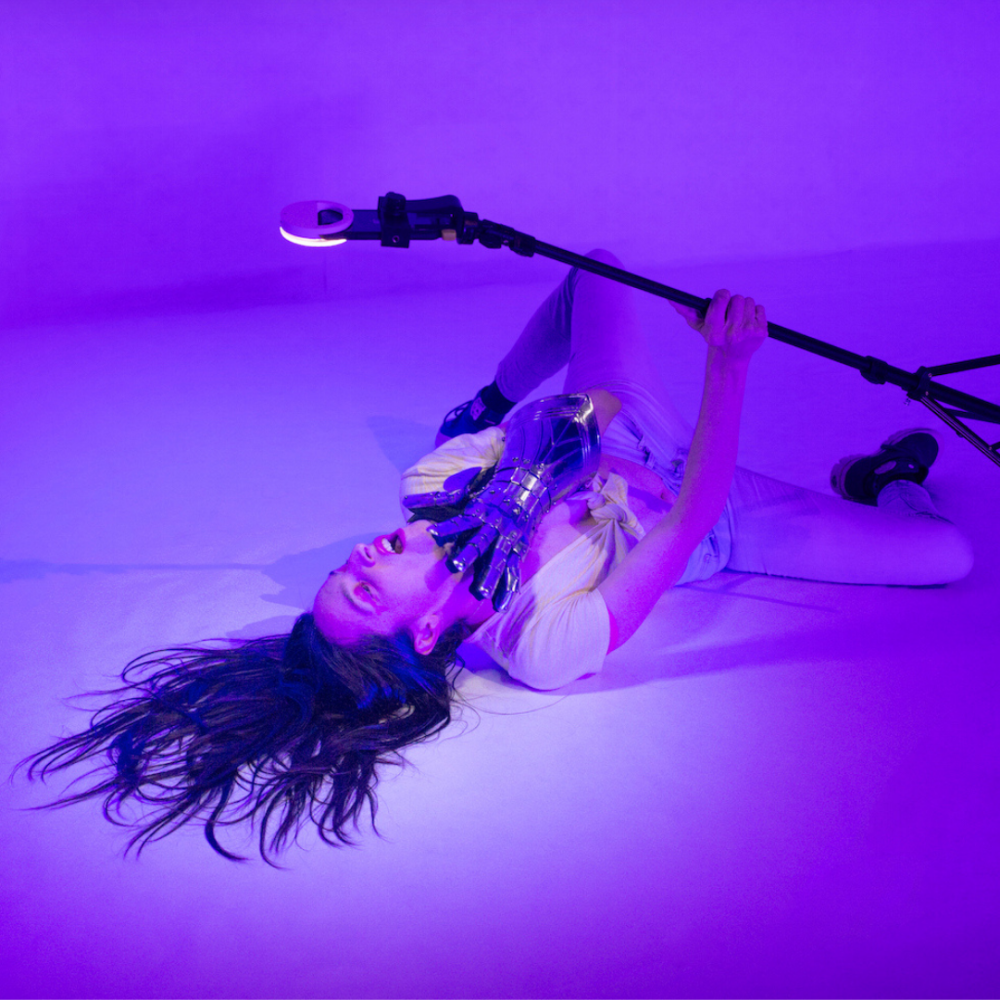
As you mentioned during the ETC International Theatre Conference, the big challenges the theatre sector is currently facing are closing borders, budget cuts to international collaborations and a rise in nationalistic policies. How important is European artistic collaboration in this context? And how can the spirit of collaboration be kept alive?
For me European artistic collaboration is really the most important thing. The pandemic has made things more complicated than they already were. So it’s only by talking with our colleagues that we can try to help each other.
At the same time, in Europe today you have colleagues in illiberal democracies who know they cannot speak openly and freely, so it’s very difficult to get people willing to go against these populist movements involved in a European network. For them, participation in something like ETC is a red flag of sorts for the authorities. It’s already really tricky, so we absolutely need to support artists in countries like Hungary, Poland and Slovenia. It’s the only way we have to really forge our link with them, give them opportunities and continue recruiting, and we can see that all these governments have already done a lot of damage.
Europe is its own contradiction. The EU does Creative Europe projects about immigration, but at the same time doesn’t want to intervene in these countries when the values it champions are not respected. So Europe is not really clear on this either.
Do you have any other messages for the network?
As a network, it’s important for us to keep pushing key topics, such as support for young artists, digital development and refugees. And we have to be connected to the rest of the world.
Europe, with its difficulties and contradictions, is often inward looking. We also have to pay attention to what’s happening on all the other continents, full of different ways of viewing the role of theatre. I also want to stress how important it is to invite activists and people who have a great influence on these topics to our General Assemblies.
We saw that at the ETC Conference in Dresden in 2019, when KVS Brussels dramaturge Tunde Adefioye spoke. Some of our members were very shocked by his intervention. But it’s good for us to disagree. I like Tunde a lot because you can say: ‘I can go to this point and not beyond it.’ But in those moments, when we all see each other, we know where we all are. We are not at the General Assembly to unanimously and uniformly concur with one another. To be ‘flat’. We have to be able to work with a wide range of complex topics and opinions; to say ‘no’, my point of view is different because of my culture, my country, my history, etc. I think that’s really important.
There is a great diversity of thinking in the ETC network and we have to keep this alive, even though it can be so difficult and we sometimes get a bit disappointed by the slow-moving nature of Europe. You cannot give the feeling we are equal or all the same. It can be a weakness to have a very ‘politically correct’ GA. We have to instead create a space to air these contradictions, to change our understanding and assumptions. This is good. Travel should change your way of thinking. When you travel, you see that people do things in different ways – and maybe their way is better. This attitude is important in a network.
I want to stress this because I sometimes have the feeling that people don’t agree with issues that come up, but they don’t have the courage to say they don’t agree for this and this reason. And I believe that is very important.
Serge Rangoni is the artistic director & general manager of Théâtre de Liège/Belgium and has been President of the ETC Board of Directors since 2017. He studied at the Conservatoire of Brussels. After working in various theatre institutions and at the Ministry of Culture, he was designated in 2004 as General Manager of Théâtre de Liège. Under his leadership, the theatre received the titles of “European center of theatrical creation and choreography” and “Centres for Drama” in the French-speaking area of Belgium, affirming its role in theatrical and dance productions and their dissemination to local and international audiences. Since his arrival at its head, the institution has developed considerably, with now an audience of 65,000 and more than 180 performances a season. Théâtre de Liège is today the leading stage in Wallonia.


